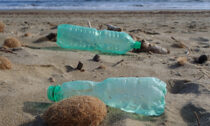
A new U.N. report on the Asia-Pacific region said Tuesday that migratory species, including endangered freshwater dolphins that drown in fishing nets and elephants forced to scavenge through rubbish, are among the most vulnerable to plastic pollution. Plastic particles have infiltrated even the most remote and seemingly pristine regions of the planet, with tiny fragments discovered inside fish in the deepest recesses of the ocean and peppering Arctic sea ice.
The paper by the U.N.’s Convention on the Conservation of Migratory Species of Wild Animals (CMS) focused on the impacts of plastic on freshwater species in rivers and on land animals and birds, which researchers said were often overlooked victims of humanity’s expanding trash crisis.
It said that because these creatures encoun...
Read More









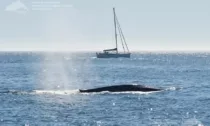
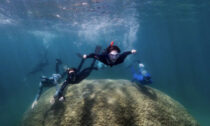
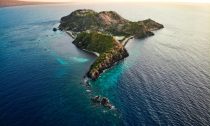
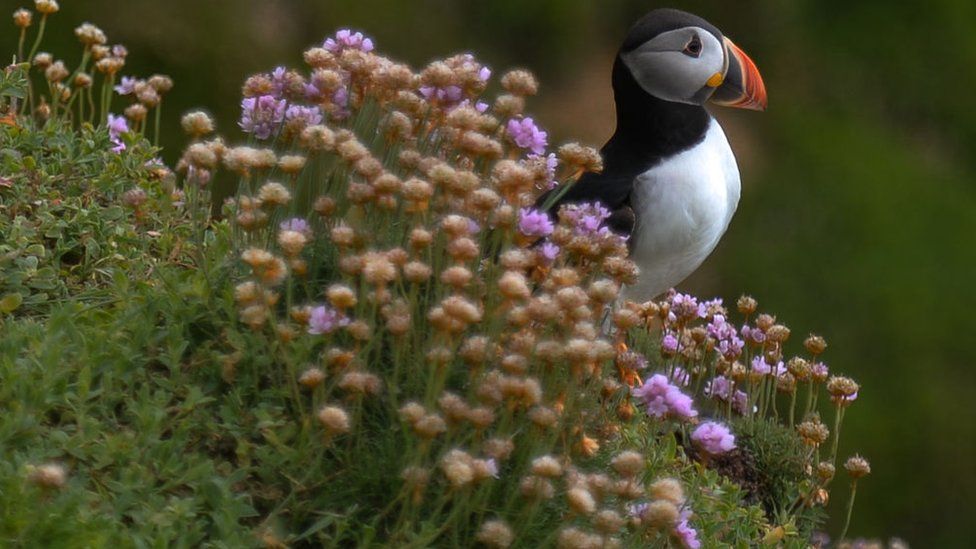
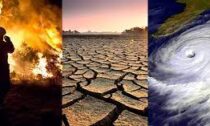
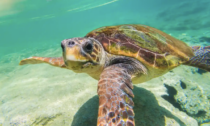

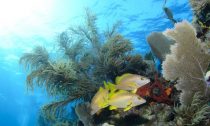
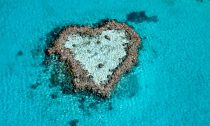
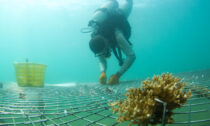

Social Profiles